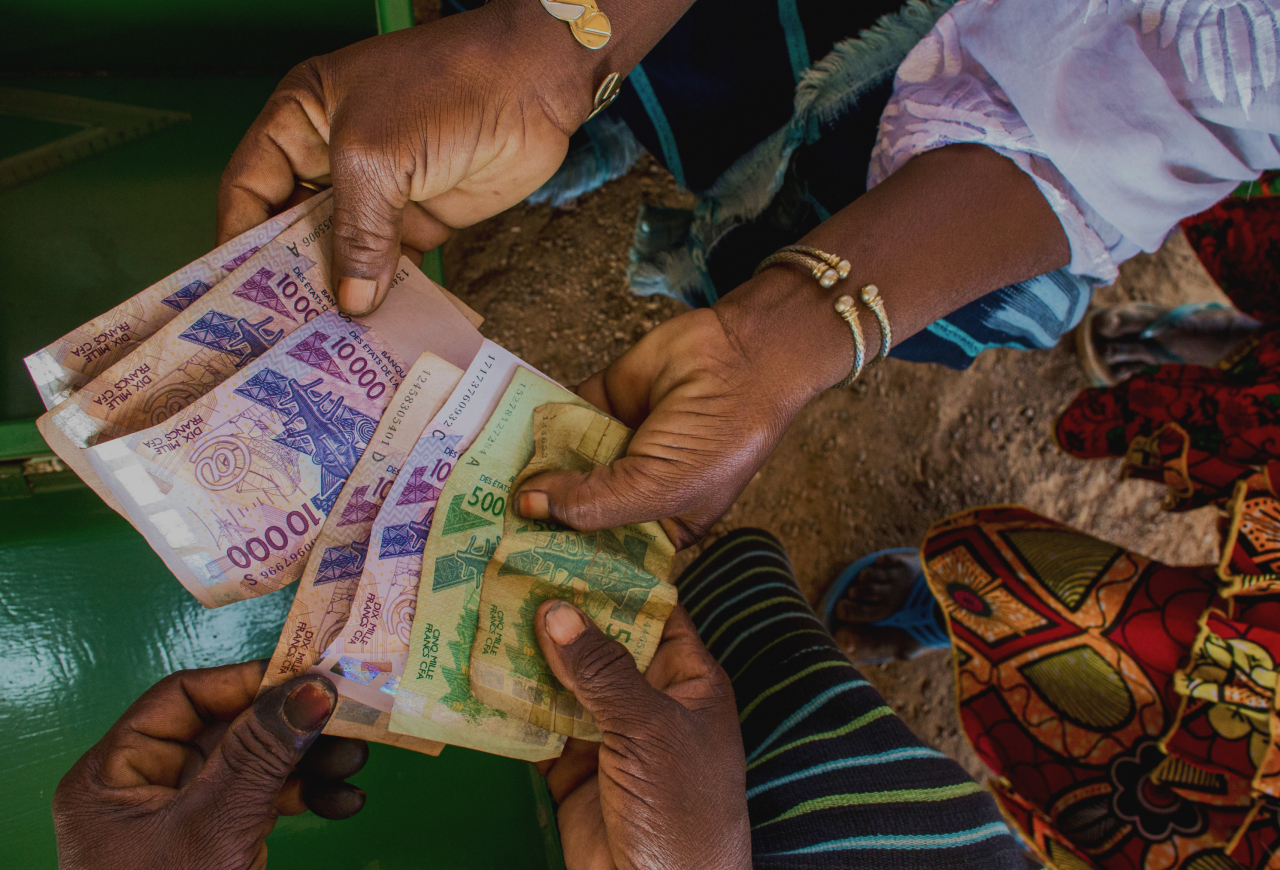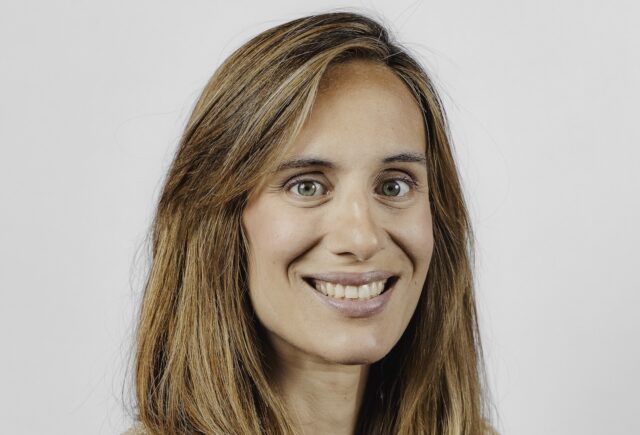Lending by some microfinance institutions has had bad press in recent times, but the vast majority of those surveyed say the credit the sector provides, along with the associated wraparound services, are improving their lives.

A report on financial inclusion from social impact measurement firm 60 Decibels indicates that access to microfinance and associated financial services is generally improving lives in the developing world, even if there are negative impacts for some, according to the group’s chief executive officer.
The 60 Decibels Microfinance Index 2023, based on interviews with 32,000 microfinance customers, reported that 89% of users surveyed believed their quality of life had improved by access to lending from microfinance institutions (MFIs). The report follows on from an inaugural edition published in 2022.
It also found that the longer clients had been with their financial service provider (FSP), the more likely they were to report improvements in their lives and household welfare. Those who had accessed extra financial services from their provider beyond a loan, also reported improved outcomes.
The survey is designed to measure and benchmark the impact of the microfinance industry by providing high-quality, comparable social performance data for countries in Africa, Asia and Latin America. It also includes data from over 114 participating financial service providers, who serve more than 84 million clients in 32 countries. The report was supported by 32 partner organisations, among them FinnFund, FMO, Grameen Crédit Agricole Foundation, Proparco, Triodos Investment Management and Temasek Trust.
Sasha Dichter, 60 Decibels’ co-founder and chief executive officer, told Impact Investor that the results showed that clients regarded the impact of microfinance positively overall.
“We’re asking customers at scale, what they think, and I think that’s a really important point. This is, as far as we know, the largest-scale undertaking there has been speaking to tens of thousands of microfinance customers in an objective fashion and with comparable data,” he said.
Long-term customers feel better served
Improved outcomes for longer-standing clients of FSPs is one of the main headlines from the report. “It gives a nice objective picture that the longer you are a client of a microfinance institution, the better you seem to do across core indicators related to your household’s well-being,” Dichter said. The data shows that around 40% of clients using an MFI for longer than two years report significant improvements, compared to 30% of shorter-term clients.
Recipients of group loans recorded a higher net promoter score – a measure of satisfaction with and loyalty to a service provider – than individual borrowers, 60 and 47 respectively. This finding was consistent across all the regions covered. A group loan is one made to a number of smallholders or small business owners, who are usually responsible collectively for repayment of the loan. 60 Decibels said the findings suggested people who borrow together are more likely to understand loan terms and be able to withstand unexpected financial shocks than individual borrowers.
Besides expanding the number of microfinance clients surveyed – up from 18,000 for the 2022 edition – the report’s authors have also expanded its scope. This now includes more on client protection, which is the extent to which customers are made aware of the conditions when taking out a loan and whether they can meet their debt repayment schedule without hardship. This could be stronger, 60 decibels said.
Around 90% of customers in the survey said they had never experienced an unexpected fee from their FSP, but only 20% said their time spent worrying about their finances had decreased much. Meanwhile, although 60% of clients strongly agreed that loan terms were easy to understand, 30% said they found loan repayments burdensome.
The 2023 survey also looks at how microfinance impacts the lives of women. Of the women surveyed, 83% report an improvement in their confidence through access to microfinance, and 67% report an improvement in their ability to make independent financial decisions.
Dichter said that, since the first edition of the index, 60 Decibels had chosen to narrow down some comparisons between MFIs to those in the same country or region, where the business and economic context were similar. He said global comparisons between institutions operating in very different contexts could be misleading.
The 2023 report also provides more detailed snapshots of the five countries in its index that have nine or more microfinance level financial service providers – Cambodia, Ecuador, India, Indonesia, and Uganda.
Assessing negative impacts
The additional “wraparound” services – beyond plain vanilla credit – that MFIs added as the sector developed have reportedly proved beneficial to many customers. However, some growing MFIs have effectively converted into banks, dropping some of those added services tailored to microfinance recipients’ needs in the process.
“The industry has grown, professionalised and modernised, all of which are good things, but it’s also important to keep track of whether or not those changes are helping or hurting clients. Until we look at the data we don’t know if the pros outweigh the cons for customers,” Dichter said.
Almost since the sector’s inception, there has been persistent criticism of the microfinance industry in some countries. This includes a concern that the sector is under-regulated because it is regarded more as a social benefit rather than a profit-making business. As Impact Investor reported in 2022, media reports have thrown a fresh spotlight on some lenders in countries such as Cambodia, Mexico and Sri Lanka, where some borrowers signed up for financial products that left them with unsustainably large debts at high interest rates, sometimes facing intimidating debt collection tactics.

“Our view is that you can look at this both ways. There are around 5%-15% of clients for whom microfinance seems to have some negative effects, which, depending on your view, could either be shocking or what might be expected given credit is being extended. But the vast majority of clients are saying their lives are significantly better, they understand their loans and loan officers are respectful, that they trust them and so on,” Dichter said.
“The situation should not be seen as either great or terrible, but there are certainly downside risks that we feel the industry needs to be attentive to and that they should stay close to clients to really understand their needs,” he added.






